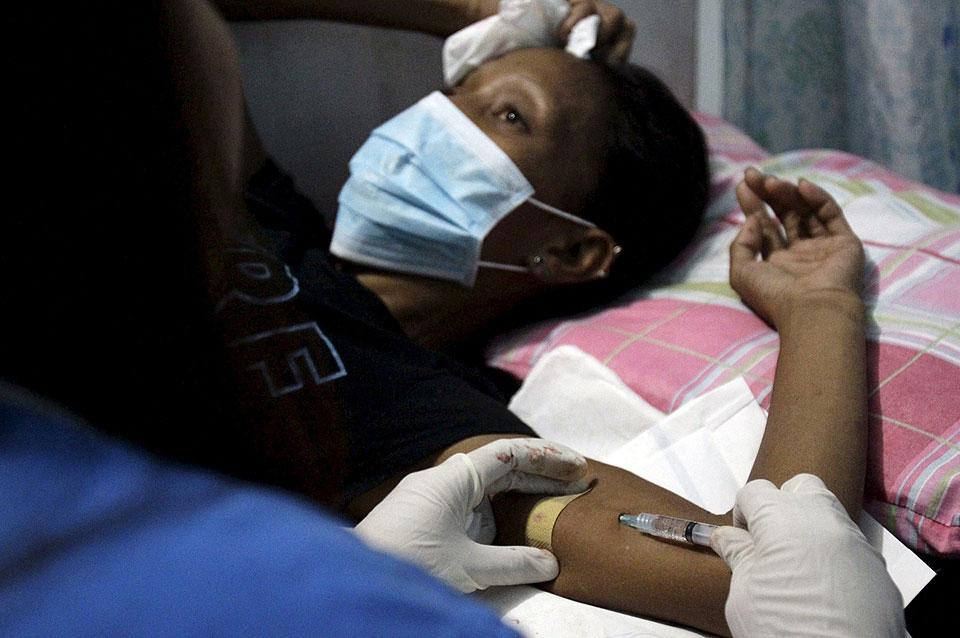PhilHealth introduces subdermal contraceptive implant package
The Philippine Health Insurance Corporation (PhilHealth) is now offering a subdermal contraceptive implant package to its members and their dependents “to increase access to long-acting reversible family planning methods.”

According to PhilHealth Circular No. 038-2015 signed by president and CEO Alexander Padilla on December 21, 2015, the package is available for P3,000 per case. The fee includes consultation and counseling prior to the procedure; performance of the procedure including professional fee and use of the facility, medicine and supplies including the contraceptive implant; and follow-up and counseling after the procedure.
According to US organization the Association of Reproductive Health Professionals, a subdermal contraceptive implant consists of a single, matchstick-sized rod that contains progestin—a hormone that prevents release of eggs from the ovaries. It is inserted in the subdermal tissue of the upper part of a woman’s non-dominant arm. Since its insertion requires no incision, the procedure is quick and relatively painless.
The PhilHealth’s benefit package has been effective since January 1 as an outpatient or inpatient service at accredited health care institutions by accredited physicians and midwives.
Facilities offering the package obtained a Certificiate of Training on Subdermal Implant Insertion and Removal signed by a regional director from the Department of Health (DOH).
It may be availed once every 730 days (two years).
The Supreme Court in July 2015 issued a temporary restraining order prohibiting the DOH from “procuring, selling, distributing, dispensing or administering, advertising, and promoting” contraceptive implants after Alliance of the Family Foundation Philippines Inc. (ALFI) appealed to ban the product for its alleged “abortifacient” side effects.
More than P860 million earmarked for the procurement of contraceptive implants was cut from the 2016 General Appropriations Act (GAA). — Trisha Macas/BM, GMA News




